Since mankind took form, humans have been making art —from cave wall paintings to today's computer-generated animation. Art has been made to serve the public for commercial purposes and for the illumination of the people. With that in mind, the question is whether the government should pay people to make it.
For the past three years, Ireland has invested in 2,000 artists, paying them around $1,500 per month in basic income. Some may argue that it would be a waste of taxpayer money. However, after the three-year trial ended, the endeavor was a net positive for the Irish economy, so the government made the program permanent.
What is the Basic Income for the Arts program?
Launched in 2022, the Basic Income for the Arts (BIA) program gave €325 (about $380) per week to offset the financial hardships most artists face, especially early in their careers. After all, there is a reason that “starving artist” is a common term. Another reason was to help boost the artistic community in Ireland after the COVID-19 pandemic forced many of them to cancel galleries and live shows, which led to ongoing financial stress after pandemic restrictions were lifted.
Providing money to artists without strings attached allowed program applicants to paint, sculpt, rehearse, and write with less worry about making ends meet. When the BIA pilot program ended in 2025, artists found their work improved, and Ireland benefited, too.
- YouTube youtu.be
According to an external report from Alma Economics, for every €1 of public money invested in the pilot, society received €1.39 in return. An external report found that the pilot program cost €72 million ($84 million) but generated nearly €80 million ($91 million) in total benefits to the Irish economy.
Other data showed that the program motivated artists to work an average of four hours more per week on their various projects. Not only was Ireland receiving more artistic work for the public to admire, enjoy, and possibly purchase, but the BIA program also reduced the amount of money spent on other social programs, such as job seeking and unemployment benefits.
"The positive economic impact this report has revealed is a very encouraging outcome for the sector and the general public. The economic return on this investment in Ireland’s artists and creative arts workers is immediately having a positive impact for the sector and the economy overall," Minister Patrick O’Donovan said in a statement.
A survey of the pilot found it was popular with Irish citizens, even among those who weren’t part of the art industry or had an interest in art. The pilot was successful enough that Ireland is making it permanent, with hopes of expanding the program to include 200 more artists, should the budget allow. It should be noted that the money given to these artists didn't just help them make ends meet, but also allowed them to purchase quality supplies to make better art.
@officialxavier__ CHEAP ISN’T GOOD! #art #artistsoftiktok #artist #education #business #entrepreneur #artrepreneur #fypシ #viral #stop
Several similar pilot programs have been implemented in the U.S. at the state and local levels in the past. Springboard for the Arts and Creatives for New York similarly provided no-strings income to artists in Minnesota and New York, respectively; however, those programs were funded by the private sector rather than public money. The Yerba Buena Center for the Arts has a guaranteed income program for artists, funded by public funds, but it is limited to resident artists in San Francisco.
Stanford University’s Basic Income Lab is monitoring various UBI pilot programs in 18 states with various payment rates. Supporters of UBI argue that current social safety net programs, with means testing and bureaucracy, aren’t as effective at helping lower-income families as straight-up, no-strings-attached payments.
UBI supporters tout the results of the largest pilot program in 2024, showing that UBI recipients used those payments for needs such as housing, food, and transportation to relieve financial stress and access better career opportunities. However, a 2020 Pew Research Poll finds that 54% of Americans oppose the federal government providing a universal basic income to all adults, with many believing that such income would make people lazier and more dependent on the government.
@changethesystem_live #ubi #income #california #pilotprogram
In any case, it will be interesting to see how Ireland's BIA program takes form over the next few years, along with the results of other, similar basic income pilot programs in the U.S. It's wonderful to see that such a positive program, paying people to make art, actually helps enrich the people and the bottom line.





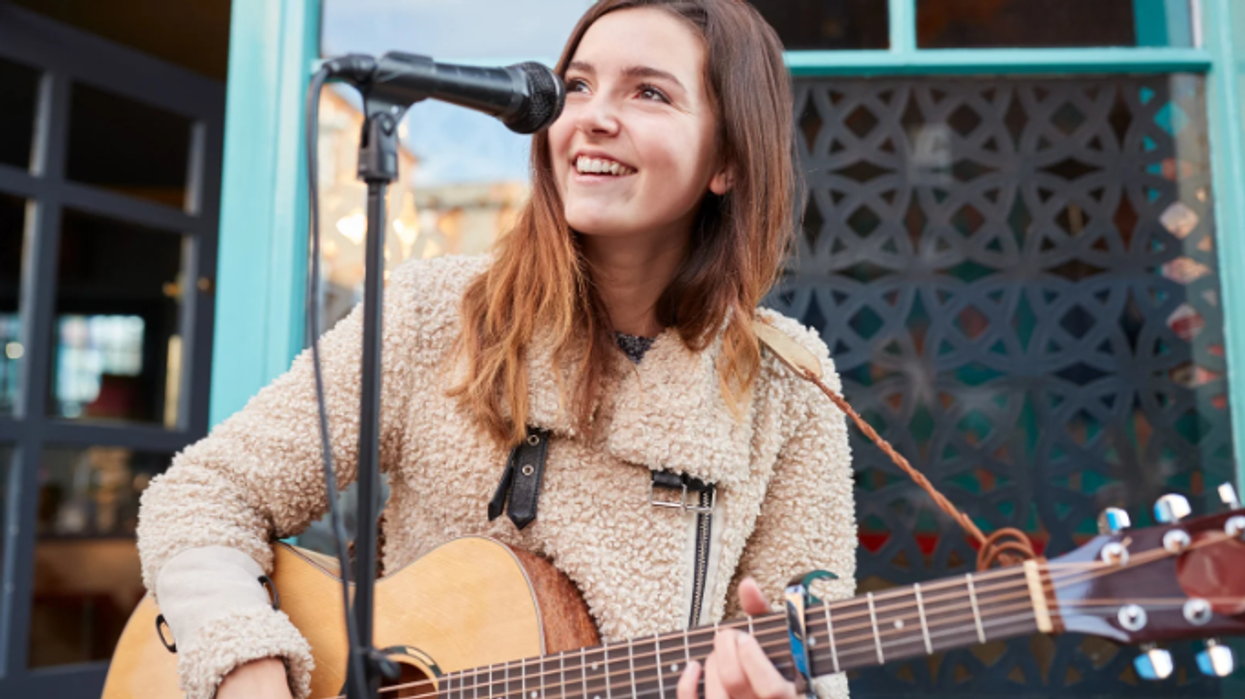

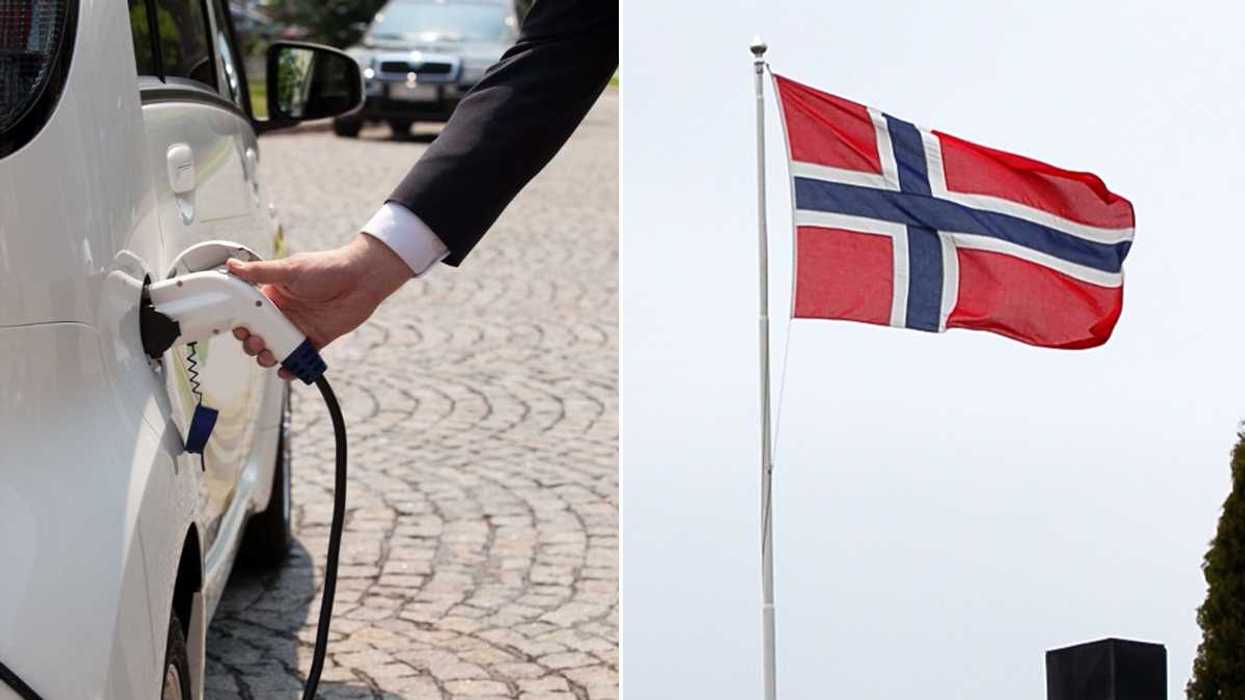










 Volunteer work.Photo credit
Volunteer work.Photo credit  Putting the puzzle together.Photo credit
Putting the puzzle together.Photo credit  Woman and her equations.Photo credit
Woman and her equations.Photo credit  A colorful mind.Photo credit
A colorful mind.Photo credit  A happy business team.Photo credit
A happy business team.Photo credit 

 A happy entrepreneur at workCanva
A happy entrepreneur at workCanva
 A car with LED headlightsCanva
A car with LED headlightsCanva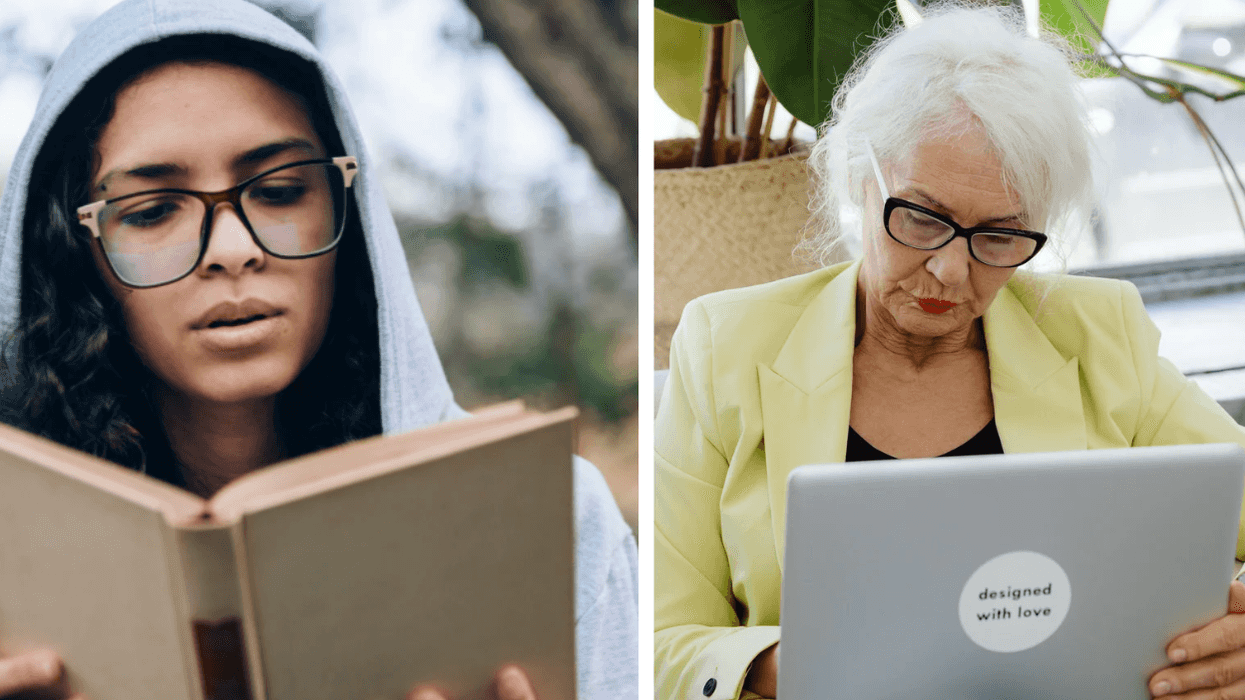

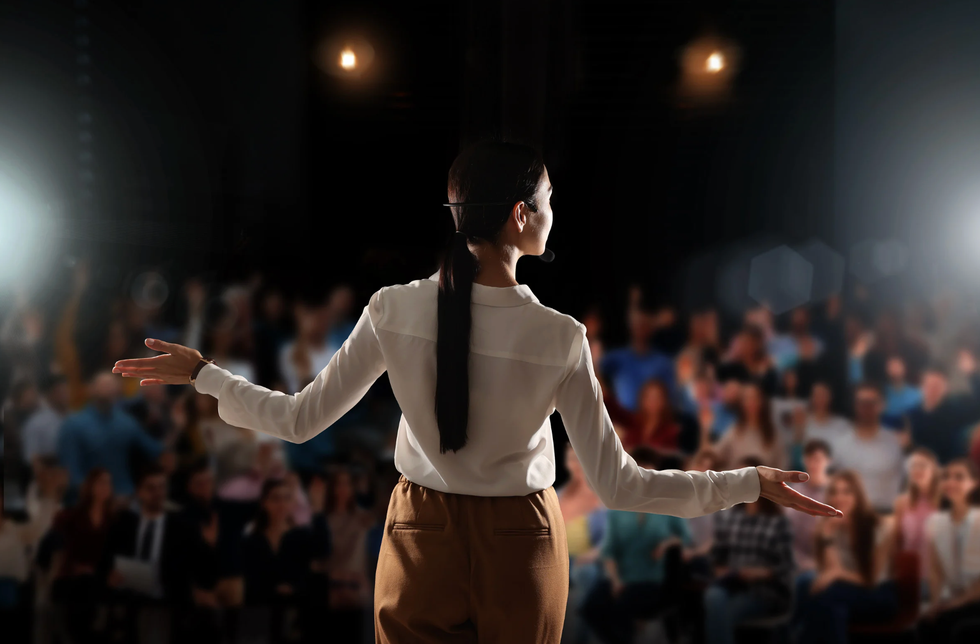 A confident woman gives a speech in front of a large crowdCanva
A confident woman gives a speech in front of a large crowdCanva
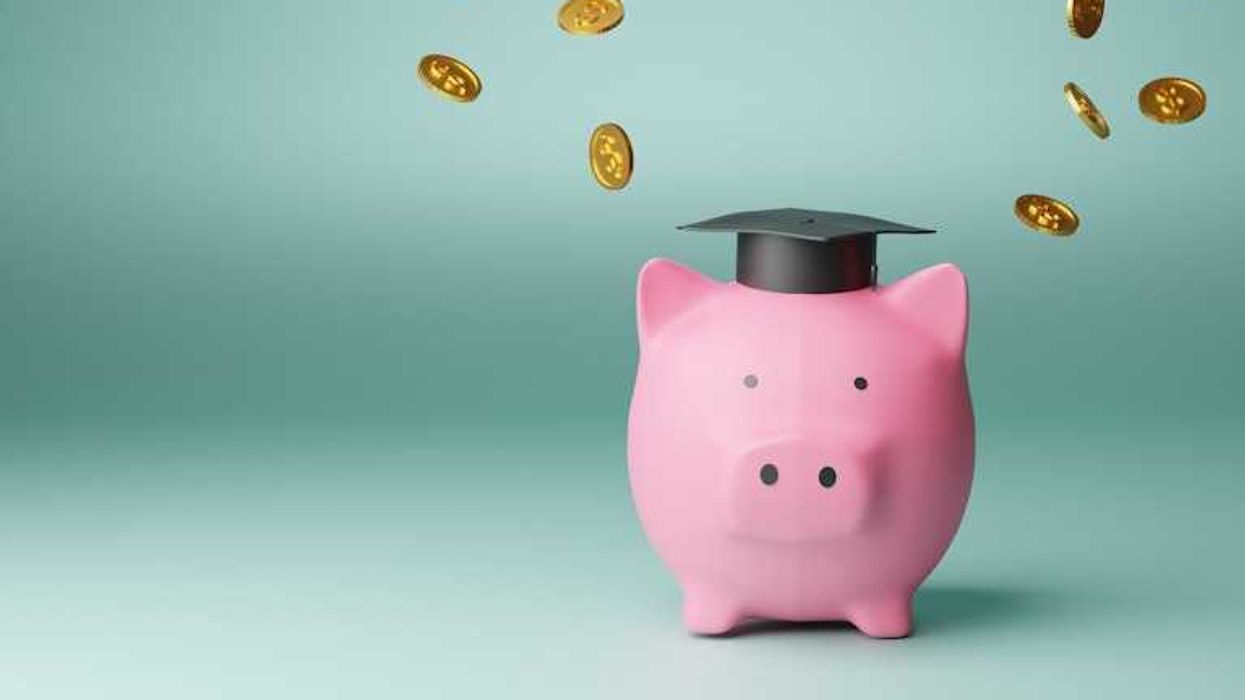
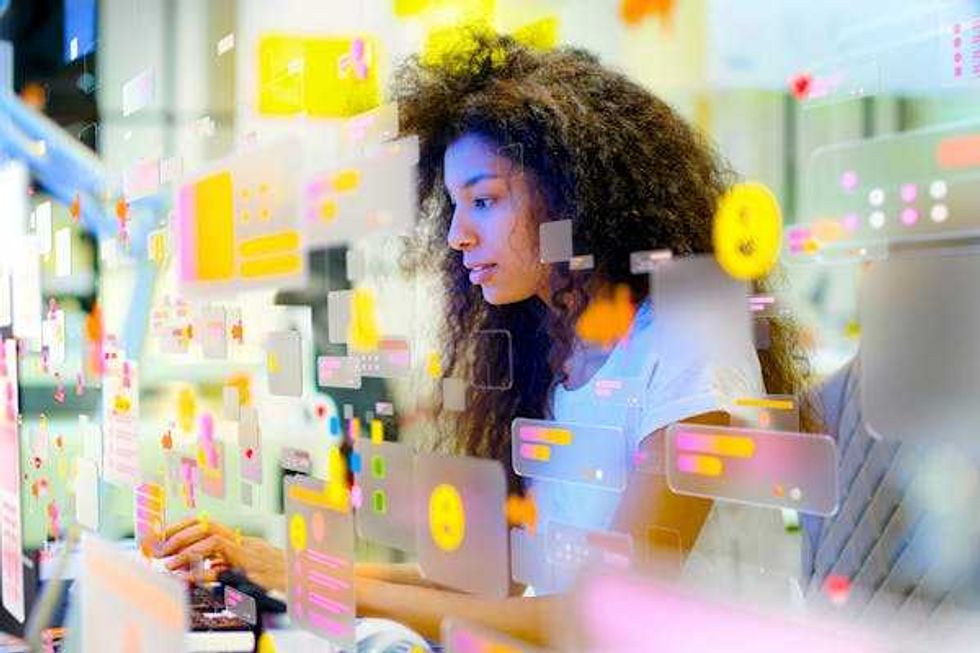 Creativity and innovation are both likely to become increasingly important for young people entering the workplace, especially as AI continues to grow.
Creativity and innovation are both likely to become increasingly important for young people entering the workplace, especially as AI continues to grow.